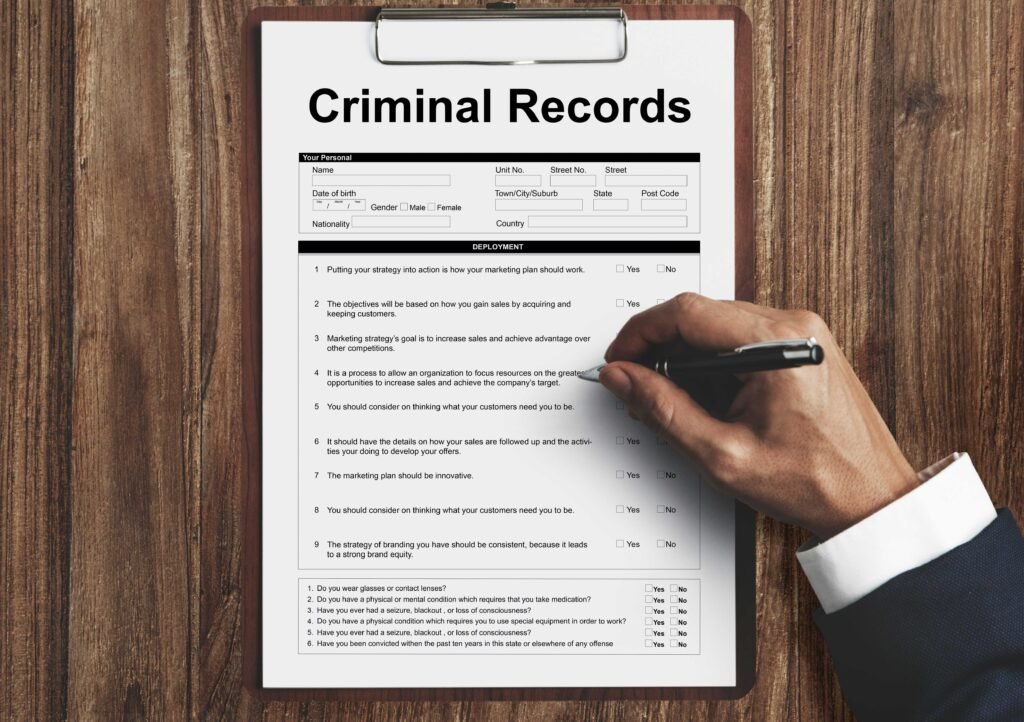If you get hurt in an unexpected car accident, slip and fall, or worksite accident, you may assume that an insurance company will pay for your losses by offering a fair settlement for your personal injury claim.
When negotiating, insurance companies often prioritize their bottom line over policyholder needs, even to the extent of employing tactics to deny legitimate claims. For victims, the signs of unfair treatment might not always be clear, but knowing what to look for can offer guidance when dealing with claim denial. Let’s explore tactics insurance companies frequently use to unfairly deny or reduce claims for their injured policyholders.
Wrongful Claim Denial
A wrongful claim denial or bad faith claim happens when an insurance company fails to deliver on its commitments. In this event, policyholders can file a claim against the company to seek compensation for the harm suffered and hold the insurance company accountable for their unfair practices. However, not all insurance claim denials are wrongful or unwarranted.
Reasons why an insurance company might reject a claim include:
- Missing information
- Policy exclusions
- Missed deadlines
- Lack of sufficient coverage
- Pre-existing injuries and conditions
- Insurance fraud.
Insurance companies must issue a written notice to the claimant explaining why their claim was denied if they decide to reject a claim. The explanation can serve as evidence of a wrongful claim denial if the reasoning is irrelevant or doesn’t apply to the situation.
Common Tactics Insurance Adjusters Use to Undermine Your Claim
When you have been injured in a car accident and file a claim, you expect the insurance company to act fairly and honor their responsibility. Unfortunately, while insurance companies market themselves as protectors of the insured, their ultimate goal is to minimize payouts. Let’s break down some common techniques insurers use to deny claims and how a skilled personal injury lawyer can level the playing field.
Delaying the Process
Deliberately delaying the claims process is one tactic that insurance companies use to discourage claimants. Victims can feel worn down, settle for less than they are entitled to, or even abandon their insurance claim altogether. Taking weeks or months to respond to calls, requesting unnecessary or irrelevant paperwork, and failing to promptly act on your claim are all actions the insurance company might take to delay your claim. Combat this by keeping detailed records of all your communications with the insurance company. Document the dates, times, and names of insurance representatives you speak with.
Questioning the Severity of Your Injuries
Insurance adjusters might argue that your injuries aren’t as serious as you claim or that they resulted from a condition you had before the accident. Seek immediate medical attention following the car accident and keep detailed medical records, including doctor’s notes and diagnostic test results. Refrain from signing medical release forms without consulting a personal injury attorney. Insurance adjusters can use these forms to search to discredit your claim.
Offering a Lowball Settlement
Companies are notorious for presenting an initial settlement offer that is far below the true value of the victim’s claim. For personal injury victims facing medical bills or lost wages from missing work, accepting the first offer might be tempting, but it’s not wise to accept a settlement offer without consulting an accident lawyer. A lawyer can work on your behalf to calculate the full extent of your damages, such as medical expenses, property damage, loss of income, and pain and suffering, ensuring you receive maximum compensation.
Shifting Blame
This tactic can reduce or eliminate the compensation you receive if an insurance company argues that their policyholder is not at fault or that you share a significant portion of the blame. Gathering evidence such as police reports, witness statements, photos, and videos of the accident scene, and expert testimony, can counter the insurer’s attempts to shift blame onto the victim.
Using Your Statements Against You
Insurance adjusters may contact you shortly after a car accident and ask for a recorded statement as a routine part of the claims process. Even if you think you may have been partially responsible for your car accident, never admit fault. Ensure you keep your statements brief and stick to the facts without exaggerating or being deceitful. To avoid having your statements used against you, avoid giving a recorded statement without contacting a personal injury lawyer.
Misinterpreting or Misrepresenting Your Policy
An example of misinterpretation of your policy is an insurance adjuster stating that your policy doesn’t cover a particular type of injury or damage when, in reality, it does. Another example involves the insurance company arguing that certain treatments were not “medically necessary” and refusing to cover them. Insurers can significantly undervalue your claim by failing to account for future medical expenses and ongoing treatment.
Don’t Settle Without Consulting an Attorney
When insurance companies tell you, “We’ll handle everything”, it may sound reassuring. However, it’s often a tactic to keep you from seeking legal advice and uncovering the true value of your claim. The insurance adjuster may tell you that hiring a car accident lawyer will only complicate the process or reduce your payout due to lawyer fees. In reality, having legal representation usually increases the likelihood of a fair settlement. Many qualified car accident lawyers work on a contingency fee basis, allowing you to pay your fees upon securing your claim. Consult with a personal injury lawyer as soon as possible. They’ll handle those pesky negotiations with insurance companies to ensure you receive fair compensation.
Also Read:
Why Busy Legal Teams Rely on Depo Summary Services to Stay Organized


